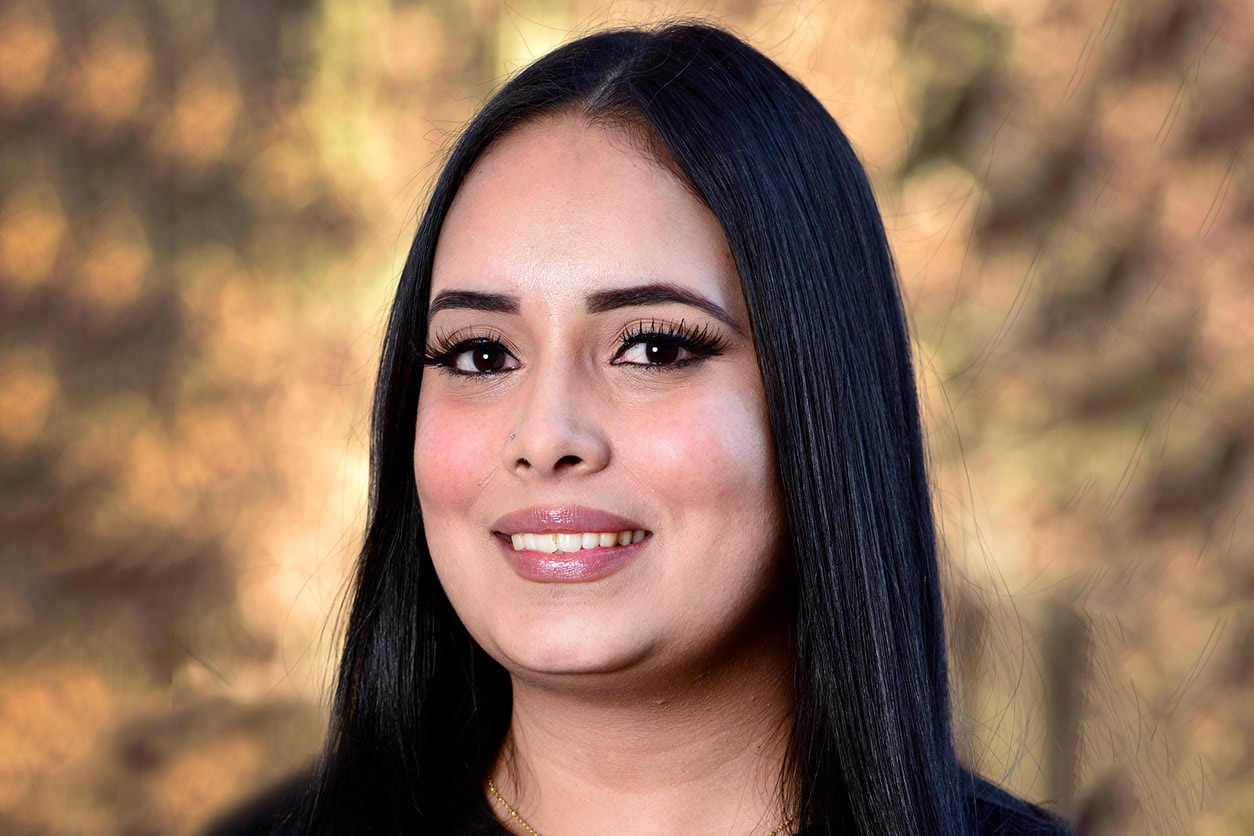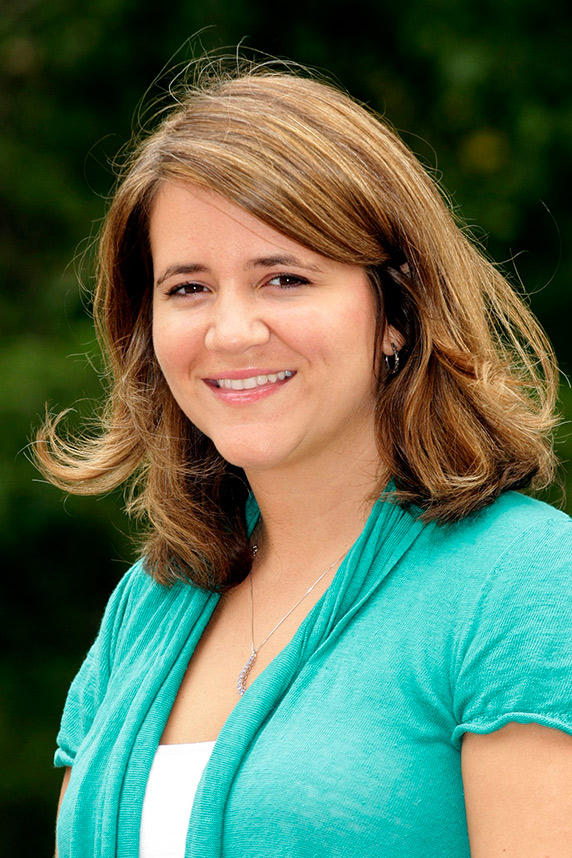NIEHS honored the hard work and dedication of its early-career scientists during the institute’s 12th annual Fellow Appreciation Week, held in late September. Camaraderie-building activities such as a trivia challenge and donut breakfast were interspersed with practical events such as a career information session and orientation for new fellows.
Institute trainees include postbaccalaureate, predoctoral, postdoctoral, and research fellows. At NIEHS, they gain valuable experience that helps to advance their careers.
“Our trainees work on research involving clinical medicine, epidemiology, toxicology, and fundamental basic science of many kinds,” noted Rick Woychik, Ph.D., director of NIEHS and the National Toxicology Program.
The week-long event was hosted by the NIEHS Office of Fellows’ Career Development (OFCD), which is led by Tammy Collins, Ph.D. The celebration coincides each year with National Postdoc Appreciation Week.
Trainee assembly fosters community
 Garcia-Peterson’s path to a scientific career was highlighted in this January 2020 Environmental Factor article. (Photo courtesy of Steve McCaw / NIEHS)
Garcia-Peterson’s path to a scientific career was highlighted in this January 2020 Environmental Factor article. (Photo courtesy of Steve McCaw / NIEHS)Events included a meeting of the NIEHS Trainees Assembly, which promotes professional development, assists with orientation of new fellows, and helps to organize the institute’s annual Biomedical Career Symposium, among other key activities.
“The assembly provides an excellent opportunity for us to network with one another,” said co-chair Liz Garcia-Peterson, Ph.D. She is an Intramural Research Training Award (IRTA) fellow in the NIEHS Metabolism, Genes, and Environment Group.
“Having a community that supports our needs and aids communication with NIEHS leadership helps us get the most out our training experience,” added Garcia-Peterson.
 Before becoming OFCD Director, Collins was a postdoctoral fellow at NIEHS and chaired the Trainees Assembly — experiences that have informed her leadership approach. (Photo courtesy of Steve McCaw / NIEHS)
Before becoming OFCD Director, Collins was a postdoctoral fellow at NIEHS and chaired the Trainees Assembly — experiences that have informed her leadership approach. (Photo courtesy of Steve McCaw / NIEHS)Joseph Dahl, Ph.D., an IRTA fellow in the institute’s DNA Replication Fidelity Group, called the assembly an unexpected highlight of his time at NIEHS. He credited Collins with giving him sound professional guidance.
“Tammy helped me develop beyond-the-bench skills and become a more well-rounded professional,” said Dahl.
Pandemic hurdles
NIEHS fellows faced unusual challenges during the last 18 months, due to the COVID-19 pandemic.
“One of the major issues for our current trainees is their feeling that the constant virtual interactions have led to a loss of a sense of community,” said Collins.
“Another impact of COVID-19 has been on those with childcare responsibilities, with some individuals indicating that they may be forced to leave lab-based research to transition to careers where they can work full-time from home,” she added.
“We thank our fellows for their work, commitment to community, and resilience in the face of the challenges experienced throughout the pandemic,” said Woychik.
“Caring for my two-year-old daughter while teleworking was challenging,” said Garcia-Peterson. “But the NIEHS community helped me cope and made me feel welcome. I have seen a lot of resilience, with everyone working together to stay on track.”
(John Yewell is a contract writer for the NIEHS Office of Communications and Public Liaison.)
Source link
factor.niehs.nih.gov

